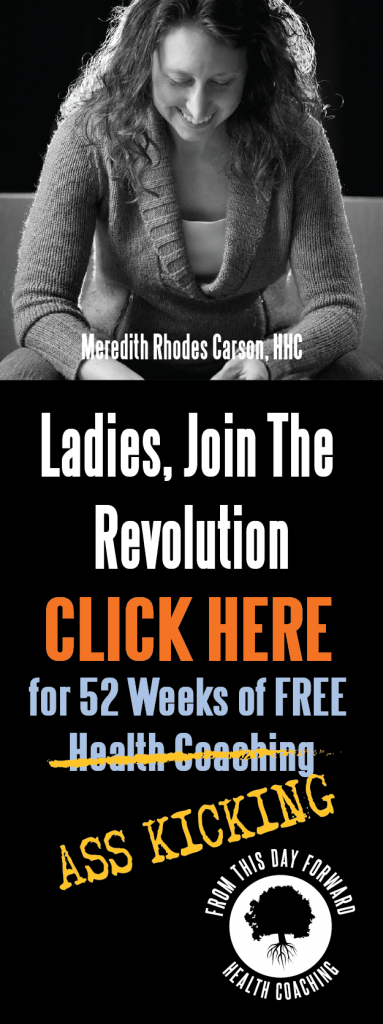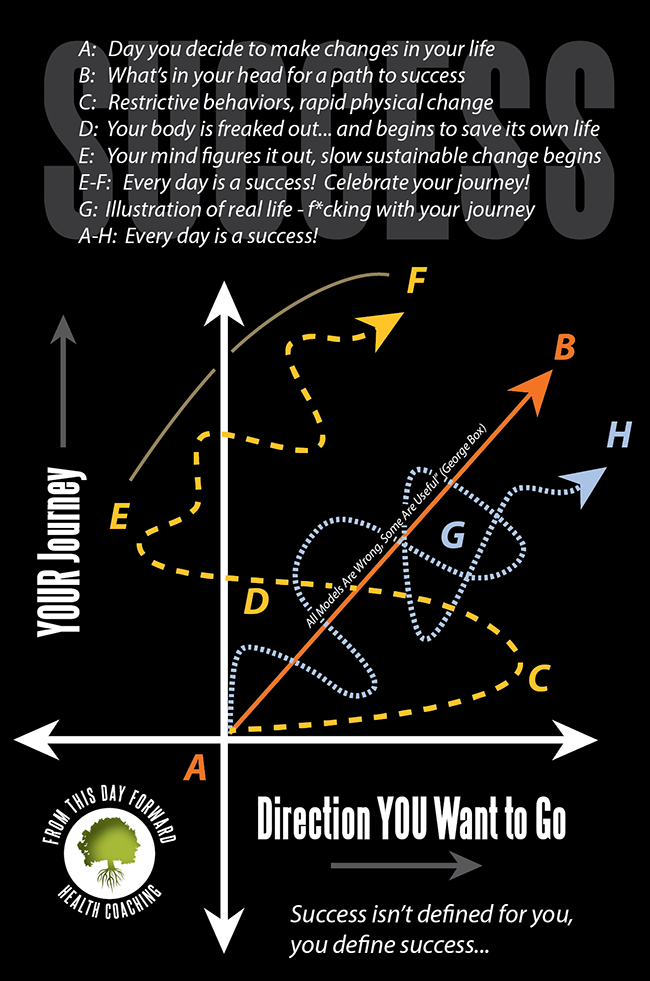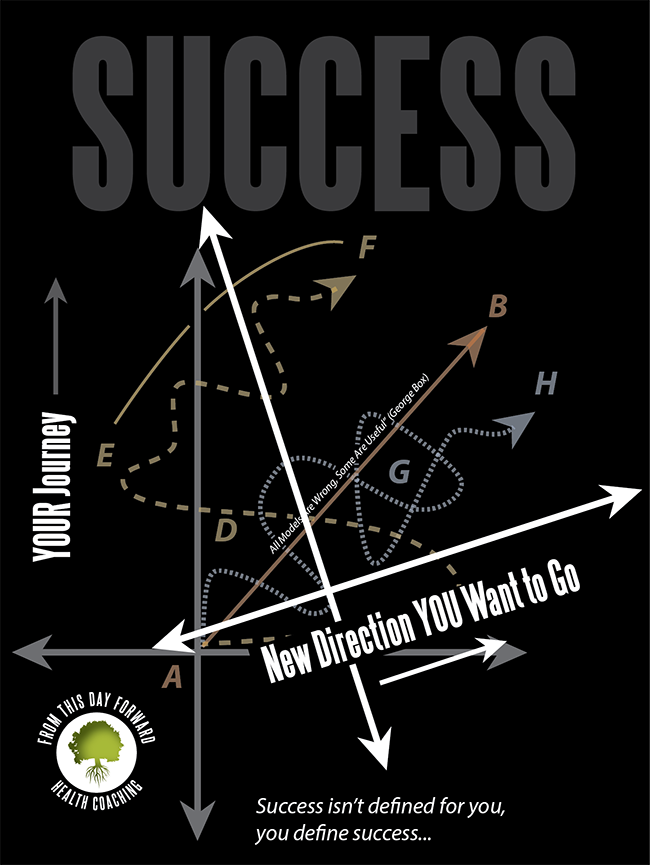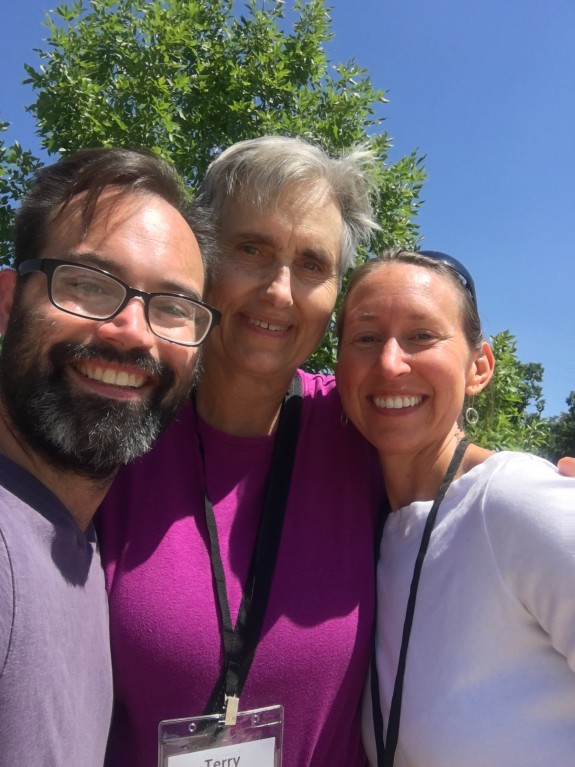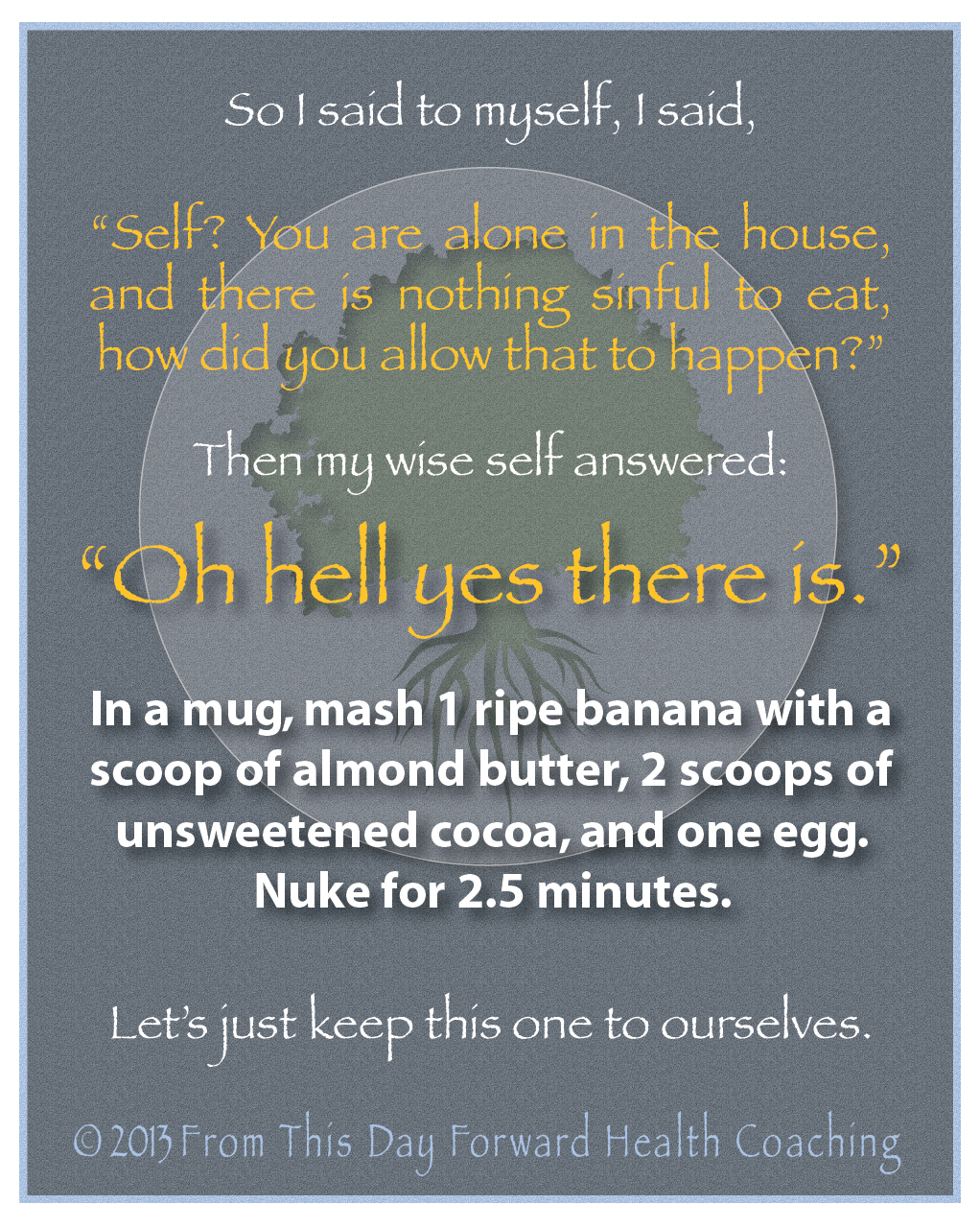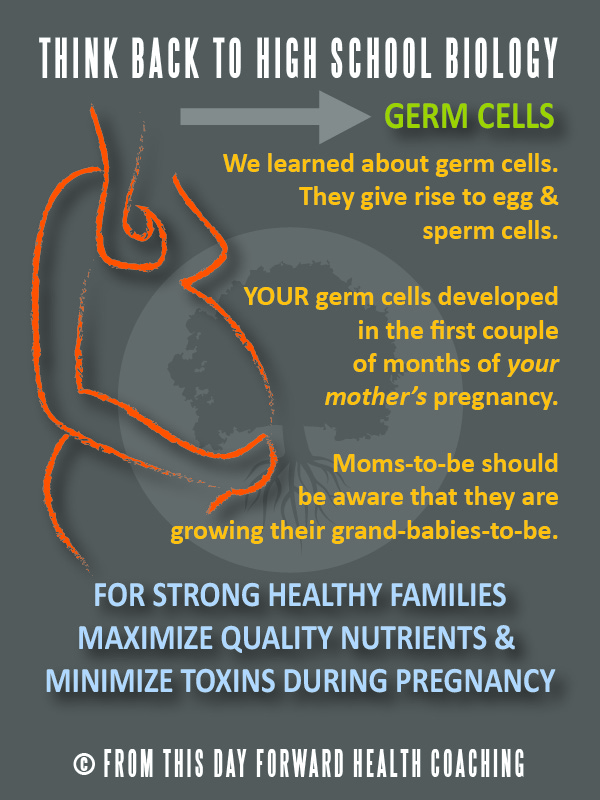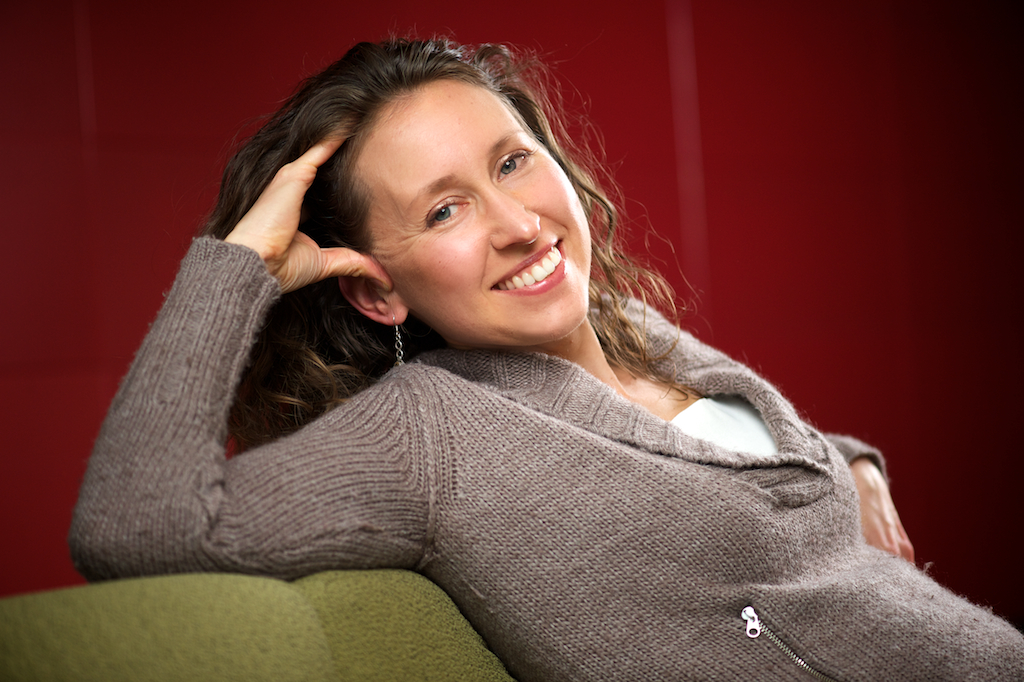This post was originally written for my friend Kathryn at Primal Bliss. Reposted here for posterity 🙂
That banner that says “Social Life” up there is from the Smithsonian’s webpage on ‘What does is mean to be human?’
Take a moment to really soak in that image… take your time. It’s worth a ponder.
What is your primal instinct telling you right now?
I’ll cut to the chase. According to the Smithsonian, there are specific traits that, over geologic time (from ~6 million years ago to the present), uniquely identify certain primates as human beings. Those traits include:
- The ability to walk upright as a primary mode of locomotion
- Increasing brain size through time
- The use of tools to make other tools for hunting and cooking
- Complex language & written history
- Evolution of specific body morphologies
- Complex Social Structures
It’s no secret that we have come a loooooooong way. Our human-ness today is very different from that of our early ancestors. Technically, we still fit the definition of human-hood – we should, we defined it. But on a more emotional and physical level, are we losing the art of being human? Let’s gain some perspective and review these traits.
1) Walking Upright – This is a very important distinction for human beings. We are the only primate that walks upright as our primary mode of locomotion.
As a result of human ingenuity, we have homes, offices, cars, electricity, we have a global transportation and e-commerce network to bring everything easily within our reach. We now have to go out of our way to NOT live sedentary lives. Fact is, if you don’t use it, you lose it. Our ancestors evolved a specialized mode of locomotion – and today, our health suffers, our muscles are atrophied, our bones weakened, our circulation sluggish – primarily because we aren’t fully utilizing those fine legs and curved spine that make us human.
Opportunity: Increase your functional movements. Use that body more often like your ancestors did.
2) Larger Brains – Scientists interpret from the fossil record that early humans evolved larger brains, starting around 6 million years ago. The largest relative increase in brain size occurred during a period of extreme climatic fluctuation AND during a time when our ancestors began to use fire to cook food.
I now call your attention to this article, entitled “If Modern Humans Are So Smart Why Are Our Brains Shrinking?” from Discover online. And I quote John Hawks, a University of Wisconsin Anthropologist:
“Over the past 20,000 years, the average volume of the human male brain has decreased from 1,500 cubic centimeters to 1,350 cc, losing a chunk the size of a tennis ball. The female brain has shrunk by about the same proportion.”
So what’s going on here? Popular theories for brain shrinkage include global warming selecting for smaller skeletons, malnutrition due to the advent of agriculture & the introduction of a grain-heavy diet, changes in population density, and the domestication of the human species. Whatever the actual cause, we are now seeing a dramatic shift in the long-term brain-size trend that characterizes human evolution.
Is there an opportunity here?: Maybe. Although it depends on what brain size means. Is a bigger brain evolutionarily advantageous? Does it matter what your brain size is if your neurons aren’t firing? Of the theories of brain shrinkage listed above, you have the most control over your nutrition and perhaps how ‘domesticated’ you are. Go get some fresh air, follow your primal instincts, and then donate that brain of yours to science. 🙂
3) Tools & Food – Early humans used hand-crafted tools to make other tools. Early humans – as early as 2.6 million years ago – made tools to hunt for and butcher animals for food.
Early tools were created & powered by early humans. Their own functional movements (running, jumping, throwing, climbing, sawing, digging…) were key to utilizing those tools. Our modern tools are still created by other tools – but are powered by clicks, swipes, switches, or even more fundamentally by electricity and gasoline. These technological advances create an entirely new set of human functional movements – capitalizing instead on our fine motor skills.
As far as our food supply – well, this is one of the main drivers of Paleo/Primal/Ancestral Health movement. The short story is that in an attempt to maintain a healthy human population, we have decreased the diversity, nutrient density, and microbiota of our food supply, all while increasing the quantities of food we ingest and our toxic load. Ironically, only the healthiest humans (who are probably the most primal of the modern humans) can withstand this burden. The increase in our overall toxic load (whether it be from processed food, pesticides, herbicides, fragrances, household & industrial chemicals) coupled with our decrease in movement has, over multiple generations, resulted in our offspring being weaker & weaker (increase in diabetes, obesity, behavioral problems, asthma, allergies, chronic illness, you name it).
Uh-oh humans…
Opportunity: There is a great opportunity to get crafty. Use your human ingenuity to solve problems. While we’re not all out hunting for food these days, we can increase our functional movements through play – and manual labor around the house. And finally, decrease your toxic load by opting for whole foods and by avoiding man-made chemicals aren’t native to our bodies.
4) Language & Symbols – Humans are unique among primates because we have developed so many different ways to communicate with each other. We also have the ability to write it down, to leave a written historical record.
This is one aspect of human-ness that we’ve capitalized on pretty well. According to Wikipedia, there are at least 7000 different human languages. Modern humans are now busy creating computer languages too. Our diverse physical and virtual communication skills are awesome.
That said, the bulk of our written language/history these days is in the form of data. One estimate (as of 2010) is that we create as much data every 2 days, as we did from the dawn of civilization up to the year 2003. Every minute, “YouTube users upload 48 hours of video, Facebook users share 684,478 pieces of content, Instagram users share 3,600 new photos, and Tumblr sees 27,778 new posts published (Neil Spencer, 2012).”
If this trend continues… our personal communication skills are likely to atrophy right along with our muscles.
Opportunity: Take it offline. Bone up on your story-telling skills. Use your imagination. Create artwork to share. Exercise your verbal communication skills every now and then. Practice physically writing – perhaps a hand-written note to a friend or family member.
5) Evolving Bodies – Human bodies have changed in size and shape from short & wide to tall & narrow. Scientists speculate the change in morphology is based on changes in diet and/or changes in climate. Based on the short size & wide shape of their bodies as well as their skull structure, the earliest human species (around 6 million years ago) are interpreted to have had a plant-based diet. By about 1.9 million years ago – our human ancestors were taller & narrower, coincident with warming climates and a change in diet to include meat and other more quickly digestible foods. Taller, narrower bodies are thought to dissipate heat more readily, an adaptive strategy for life in warmer climates, whereas more compact human species were better suited for colder climates.
Today, we can live in all climatic conditions thanks to insulation/shelter, heat, light, and transportation. For the most part, we’ve eliminated that physical stressor. But by doing that, we’ve also eliminated a pretty major evolutionary force – our interaction with the outside world. We’re changing our relationship with the sun, with the earth, with day & night. Who knows how we’ll eventually adapt to this…
Today, humans of all sizes and shapes have vastly different dietary approaches. We have the luxury of choosing what food to eat – nevermind whether or not it’s actually fit for human consumption. When in our evolutionary past did we have this opportunity?
Opportunity: Get outside more often, spend time in nature, get some sun. Challenge yourself to be a locavore, you’ll be eating whole, seasonal foods like your ancestors did.
6) Social Life – While most primates have social structures, humans have developed an extreme social structure with its roots in human child rearing. Human babies take nearly twice as long to mature to independence as our closest living relatives (chimpanzees). To ensure survival of the species, humans developed communities to work together for the benefit of the group. There is evidence of campfires or early hearths beginning around 800,000 years ago. This may have been an important place for socialization.
Our ancestors may have been a part of 1-2 different groups in their lives. There were strong bonds in those groups. Their lives depended on those groups.
So, how many groups do you belong to these days? The social structure of modern humans is so incredibly complex, informed by our diversity, and it’s getting more complex every day. Our social structure now involves families, extended families, and step families, hundreds (if not thousands) of religious groups, countless local community related groups… and then we get to virtual communities… I personally belong to 26 groups on Facebook and I’d bet that’s well below average. Our expanded definition of ‘community’ today is dizzying.
Opportunity: Trim some fluff. Focus on building & maintaining meaningful relationships.
Which brings us full circle. Take another look at that image at the top of this post. From that page, you can ‘like’ or ‘tweet’ or ‘email’ to all of your peeps and their peeps about the importance of the social network of early humans from the comfort of your chair in a one-way electronic conversation. The new story telling.
We are human – and we are not exempt from the process of evolution. Our human-ness today is very different from that of early human species.
Maybe being human is not so much a lost art as a new media. Maybe I’m just being nostalgic. But let’s not forget about our uniquely human traits and consider a wider, deeper perspective to inform our lives – and our health – going forward.


